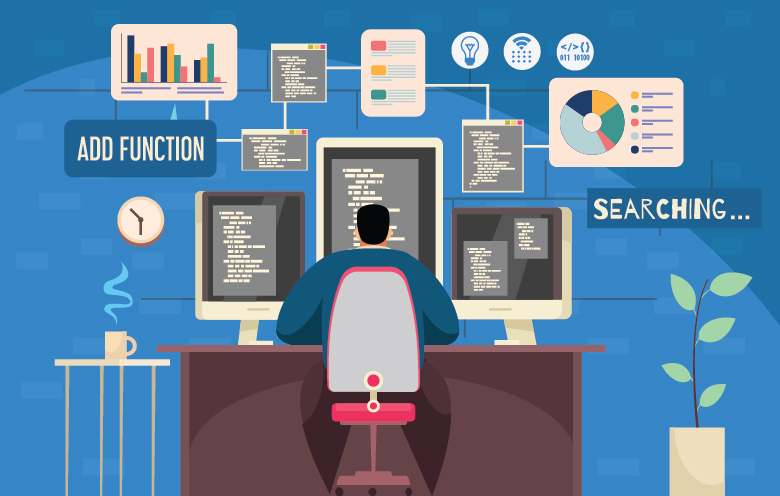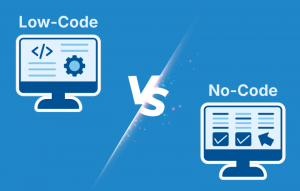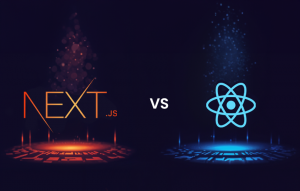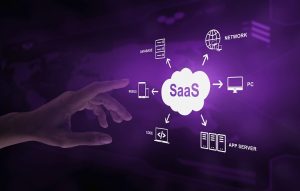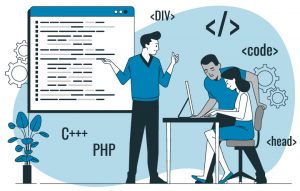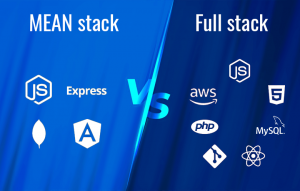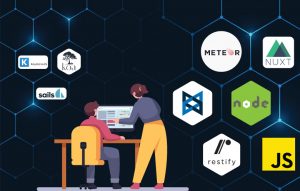In today’s data-driven world, businesses constantly seek innovative solutions to complex problems. That’s when the ultimate problem solvers, full stack data scientists, come to the rescue. With their diverse skill set and expertise in various domains of data science, these versatile professionals are helping businesses harness the power of data to drive strategic decision-making, optimize processes and gain a competitive edge.
Let’s uncover how full stack data scientists solve business problems through data analysis, machine learning, data visualization, end-to-end project management, business strategy and continuous learning. We will explore the reasons why businesses recognize the value of full stack data scientists in today’s data-driven landscape.
Who is a full stack data scientist?
A full stack data scientist is a professional who possesses a comprehensive skill set and can handle the end-to-end data science process, from data discovery and analysis to deploying machine learning models in production.
Some of the key skills they possess include:
- Data discovery and analysis
- Data engineering
- Programming languages
- Business acumen
- Communication skills
- Data visualization
- Data analysis and exploration techniques
- Machine Learning deployment
- Familiarity with domain-specific tools
- Continuous Learning
How does a full stack data scientist differ from a general data scientist?
A full stack data scientist and a general data scientist are both professionals who work with data and apply data science techniques to solve business problems. Let’s delve into the distinct roles of a full stack data scientist vs data scientist. This will help you determine the right fit for your business needs.
| Full stack data scientist | General data scientist |
| A full stack data scientist has strong programming skills and knowledge of various technologies such as software development, web development, etc. | Data scientists have extensive expertise in data analysis and know how to analyze data. |
| A full stack data scientist is proficient in multiple areas of the data science lifecycle. These areas include data acquisition, data engineering, data modeling, machine learning deployment, domain-specific skills and more. | A general data scientist may specialize in one or specific areas of data science, such as machine learning or data visualization |
| A full-stack data scientist manages the end-to-end data science process, providing expertise at all stages of the data science lifecycle, including data acquisition, data preparation, modeling and deployment. | A general data scientist may specialize at a specific stage of the data science process or focus on a narrow set of tasks. |
| The benefit of having a full stack data scientist on board is that they possess strong business acumen and domain-specific skills, allowing them to understand the business context in which they operate and develop data science solutions that align with business goals. | A data science generalist may also understand business requirements and domain-specific skills but may not necessarily specialize in a specific industry or domain. |


